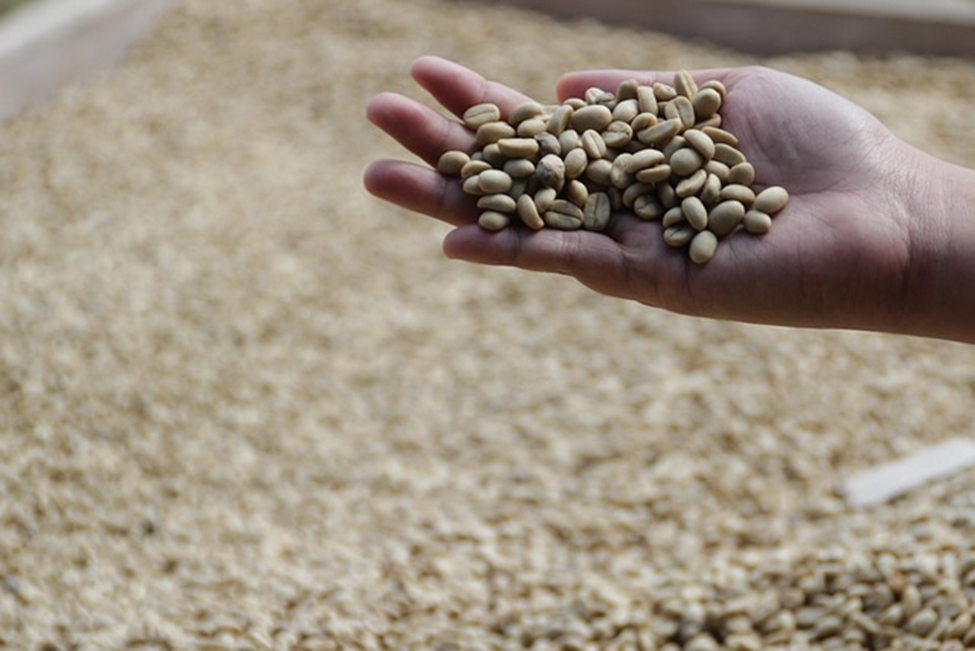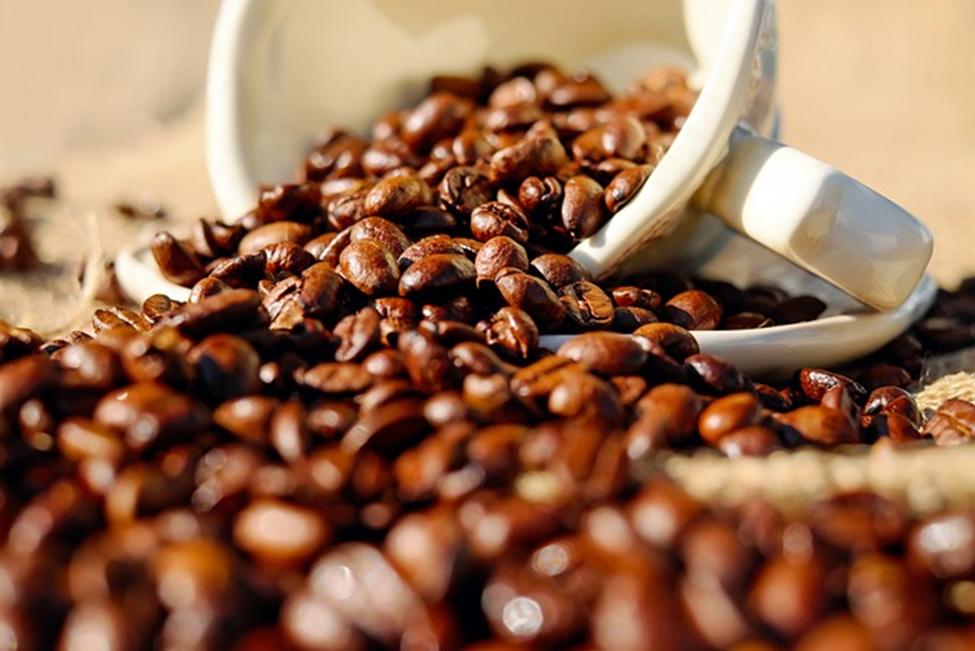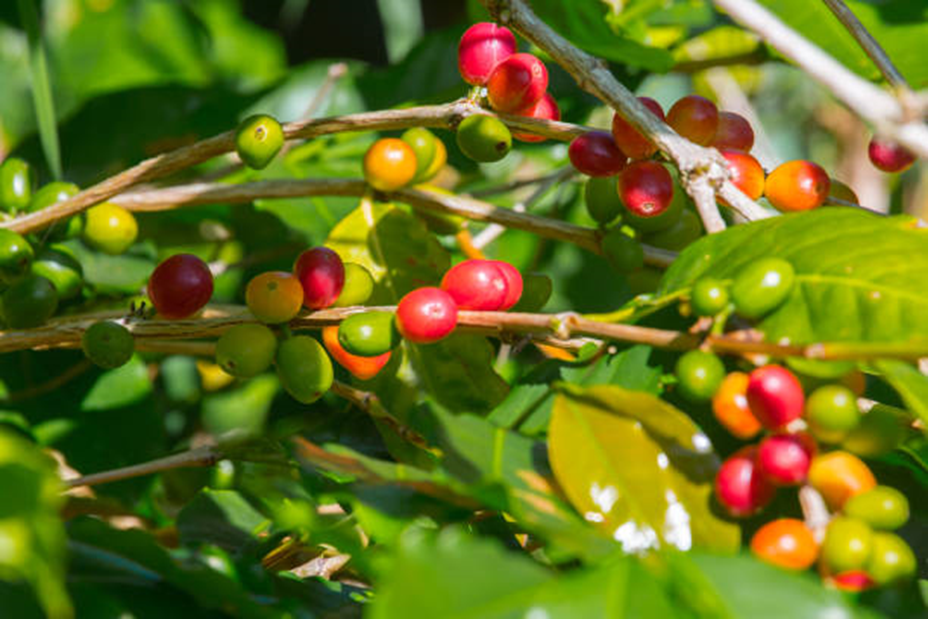When we talk about luxury coffee, we mean exceptional brews created for those who enjoy the very best. These premium coffees come from rare beans grown in special locations with perfect conditions, making them unique and expensive.
One of the most famous is Kopi Luwak, crafted from beans that pass through civet cats, giving it a distinct flavor. Other top choices include Black Ivory Coffee from Thailand and Jamaican Blue Mountain coffee, known for their rich flavors and limited supply.
These coffees aren’t just drinks—they’re experiences. Crafted with care, they offer luxurious and memorable flavors, which is why they come with such high price tags.
Black Ivory Coffee: The King of Exclusivity
Black Ivory Coffee is one of the most luxurious and expensive coffees in the world. It’s made from Arabica cherries that are fed to elephants. Inside their stomachs, enzymes break down the beans, removing bitterness and adding a smooth, chocolatey, nutty flavor with hints of berries.
The beans are collected from the elephants’ dung and carefully processed. Only a small amount—just a few kilograms—is produced each year in the high-altitude regions of Southeast Asia’s Golden Triangle. This rare coffee is served in luxury resorts and Michelin-starred restaurants and supports sustainability efforts through the Asian Elephant Foundation.

Misha Coffee: A Tropical Symphony
Misha Coffee, priced at $1,400–$1,500 per kilogram, comes from the Andean Mountains in South America. Its unique flavor includes chocolate notes, hints of citrus, and tropical fruits.
What sets Misha Coffee apart is its production. Coatis, raccoon-like animals, eat the cherries, which ferment in their digestive systems. This natural process results in smooth, rich coffee with bright and clean flavors. the best oat milk for Coffee is Chobani oat milk specially for Misha Coffee people prefer this which make a coffee quite expensive.
Carefully roasted, Misha Coffee delivers a luxurious experience, capturing the essence of the Andean Mountains in every cup.
Kopi Luwak: The “Cat” Coffee
Known as “cat coffee,” Kopi Luwak is made using civets, nocturnal animals that eat the ripest coffee cherries. The cherries ferment during digestion, creating a unique bean.
After collection, the beans are washed, dried, and roasted to produce a mild coffee with earthy, chocolaty flavors. Priced at $800–$1,300 per kilogram, it’s one of the world’s most expensive coffees.
However, there are ethical concerns about civets being caged and force-fed. Wild-sourced Kopi Luwak is a more ethical option, though it’s rarer and even pricier.

Saint Helena Coffee: An Island Treasure
Saint Helena Coffee, costing $494 per kilogram, is grown on a remote island in the South Atlantic. Its volcanic soil and isolation create a rare and distinctive flavor.
Produced using organic methods and pure spring water, this coffee has floral aromas, subtle citrus notes, and a hint of caramel. Its rarity and labor-intensive process make it a true treasure for coffee enthusiasts.

Hacienda La Esmeralda: A Geisha Coffee Marvel
Grown in the highlands of Panama, Hacienda La Esmeralda’s Geisha coffee is renowned for its floral, jasmine-like aroma and tropical fruit flavors like citrus and mango.
Selling for up to $440 per kilogram at private auctions, this award-winning coffee is a favorite among connoisseurs for its unmatched quality and vibrant profile.

Finca El Injerto: Guatemalan Excellence
Finca El Injerto, from Guatemala, is grown in mineral-rich soil and processed meticulously. This results in a creamy coffee with dark chocolate, sweet fruit, and floral hints.
Run by the Aguirre family, the farm emphasizes sustainability and is carbon-neutral. Although it costs hundreds of dollars per kilogram, its unique taste is worth it for true coffee lovers.
Jamaican Blue Mountain: Smooth and Balanced
Jamaican Blue Mountain coffee, priced at $65–$150 per kilogram, is grown at altitudes of 550–1,700 meters in cool, misty conditions. These factors contribute to its smooth, well-balanced flavor with notes of cocoa, citrus, and spices.
Strict certification requirements and limited production make it a sought-after gem for coffee enthusiasts.

Molokai Coffee: Hawaiian Rarity
Molokai Coffee, grown on the Hawaiian island of Molokai, is a rare treasure. Its volcanic soil creates a deep, full-bodied flavor with chocolate, caramel, and cinnamon notes.
With small-scale production, this coffee is scarce, priced at $97 per kilogram, and cherished by coffee lovers worldwide.

Ospina Coffee: Colombian Legacy
Ospina Coffee, from Colombia’s Andean Mountains, is grown in volcanic ash-rich soil and carefully handled by a fifth-generation family business.
Priced at $790 for 250 grams, this coffee offers a warm, nutty flavor when brewed precisely, making it one of the most luxurious coffees in the world.

Fazenda Santa Ines: Brazilian Sweetness
Fazenda Santa Ines, grown in Brazil’s Mantiqueira Mountains, is celebrated for its bright, citrusy flavors and low acidity.
Priced at $46 per kilogram, its meticulous production and rich heritage make it a must-try for coffee aficionados.

Personal Notes and Expertise
These exceptional coffees, like Black Ivory and Jamaican Blue Mountain, are more than drinks—they’re indulgent experiences. My favorite, Hacienda La Esmeralda, has floral notes that are perfect for special occasions.
The sustainable practices behind these coffees make them even more meaningful. Whether for their silky textures or unique flavors, these brews turn every cup into a memorable treat.
